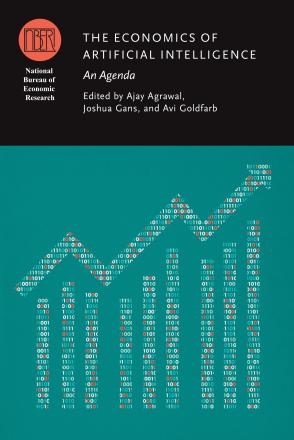Artificial Intelligence and International Trade

AI will likely raise average incomes and improve well-being, but it may also disrupt labor markets, raise inequality and drive non-inclusive growth. To the extent that progress has been made in understanding the impact of AI, we have been largely uninformed about its international dimensions. This chapter explores the international dimensions of the economics of artificial intelligence. Trade theory emphasizes the roles of scale, competition, and knowledge creation and knowledge diffusion as fundamental to comparative advantage. We explore key features of artificial intelligence with respect to these dimensions and describe the features of an appropriate model of international trade in the context of artificial intelligence. We then discuss policy implications with respect to investments in research, and behind-the-border regulations such as privacy, data localization, standards, and competition. We conclude by emphasizing that there is still much to learn before we have a comprehensive understanding of how artificial intelligence will affect trade.
-
-
Copy CitationAvi Goldfarb and Daniel Trefler, The Economics of Artificial Intelligence: An Agenda (University of Chicago Press, 2018), chap. 19, https://www.nber.org/books-and-chapters/economics-artificial-intelligence-agenda/artificial-intelligence-and-international-trade.Download Citation


